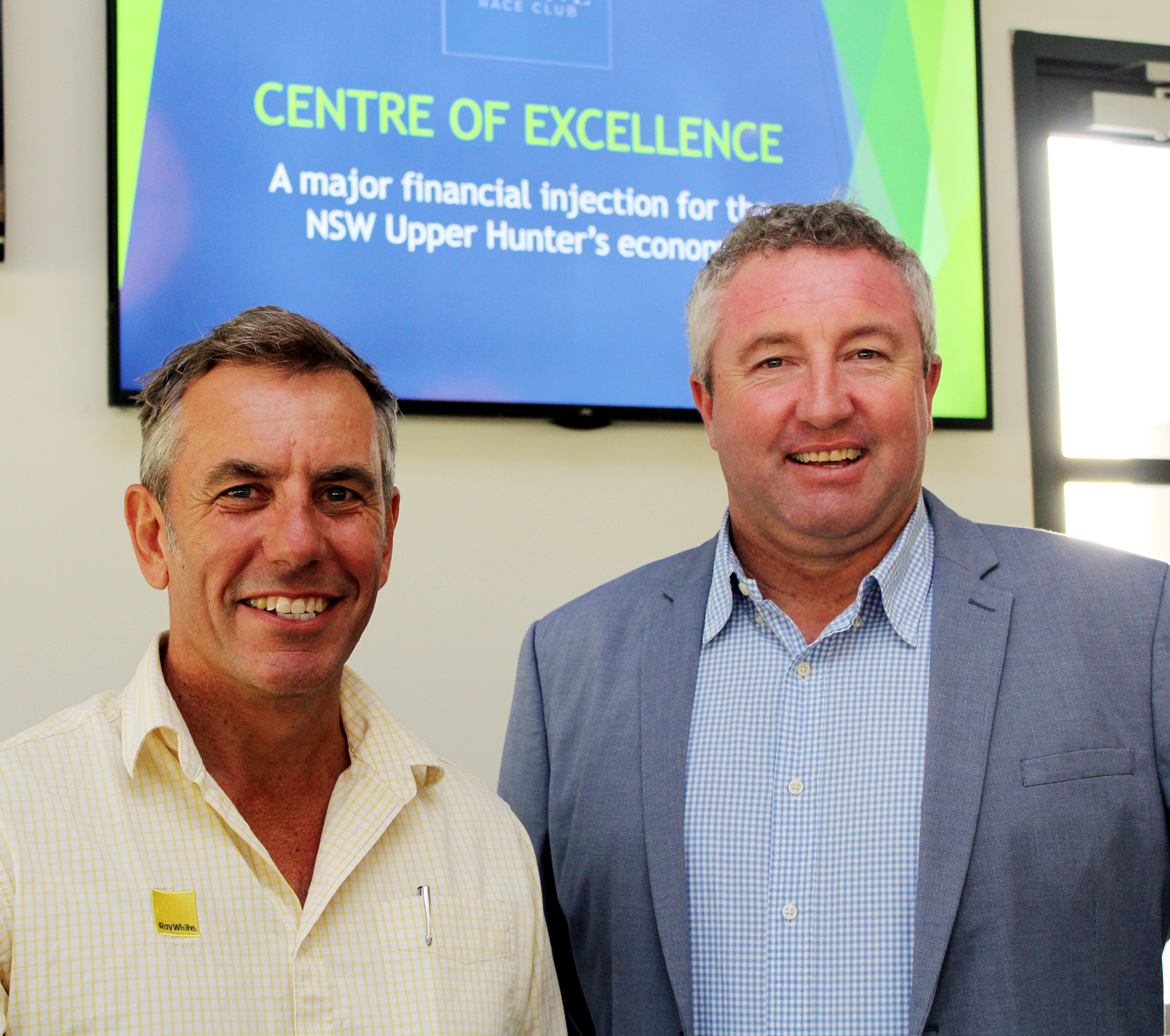Scone Race Club CEO Steve Keene is hoping construction of the club’s $35 million Centre of Excellence can begin before the end of the year following approval of the DA for stage one this week by Upper Hunter Shire Council (UHSC).
Speaking at a Scone Chamber of Commerce and Industry networking event at the club on Tuesday night, Mr Keene told 50 members and guests of the chamber and race club that the assessment of tenders will begin this week, while a DA for stage two would be lodged with UHSC within seven days.
Since the project was announced by the NSW State Government and Racing NSW in June, 2021 the cost had escalated from $20m to $35m. The government is contributing $20m and Racing NSW $15m.
Mr Keene said the funding was secure and the outcome of the upcoming election would not stop it from going ahead.
Stage One of the centre includes a stable complex comprising three, two-storey blocks each able to accommodate up to 100 horses. Each block will have ramps to access the upper level and incorporate walkers and designated pathways, along with office space.
Stage one’s tenders had been received and will be awarded after consideration by Racing NSW’s tender panel, which is meeting this week.
Mr Keene expects a more rapid approval of the second stage, an artificial training surface or ‘Polytrack’. This would allow the construction of the two stages to proceed in tandem.
The new facilities would increase the club’s capacity to provide urgently needed stables and track work opportunities for local trainers, rather than the being offered to trainers from outside the Upper Hunter.
The Polytrack surface will allow up to 500 horses to train each day on rotation, utilising both the artificial track and the existing B grass surface. He said identical artificial tracks had been in use at several other racing clubs in NSW and continued to perform well.
A combination of sand and wax-coated fibre material for cushioning, the all-weather surface is laid over concrete, making it easy to maintain. Unlike the current B grass track, it can handle heavy workloads with no ill effects.
The major thoroughbred breeding centre of the southern hemisphere, the Upper Hunter boasts the most trained starters in regional NSW.
Making the Scone project financially viable was the ever-rising cost of training in Sydney. Scone has the central location and basic infrastructure to accommodate the growth the industry needed, while its lower living costs would be attractive to racing industry workers struggling to make ends meet in Sydney and regional metro areas.
The influx of workers during and after construction would have a significant financial impact on the Upper Hunter’s economy, he said.
The project would mean work for a variety of local tradies, as well as specialist service providers from the wider Hunter Valley, while the influx of new residents would mean retailers and suppliers could employ extra staff with confidence.
The race club CEO said the stables and Polytrack would mean more stable staff and trackwork riders would be required. A variety of equine and racing-related courses would be offered at the adjacent TAFE campus, providing pathways for local young people looking to enter the industry or for older workers to retrain.
Mr Keene said 300 additional stabled horses would mean more of everything equine related – from feed to veterinary services. Guests attending the Chamber-sponsored event passed the adjacent Bunnan Road site of the new Scone Equine Hospital where work on the foundations is now underway.
Mr Keene conceded providing short and long-term housing for construction worker from outside the Upper Hunter and the full-time staff required to service the new facilities was a major challenge.
He told the gathering consideration was being given to providing temporary short-stay accommodation on nearby land owned by Racing NSW. Two local residential land subdivisions – one now selling and another recently approved by UHSC for 400 lots – could boost local housing stock and provide a longer-term solution – both for the Centre of Excellence and for Scone.
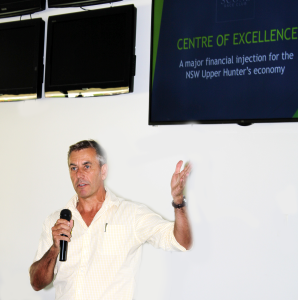
Hamish Firth addresses the gathering of chamber and race club members and guests.
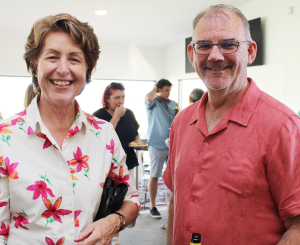
Erin Williams with Chamber co-President Stuart Jamieson.
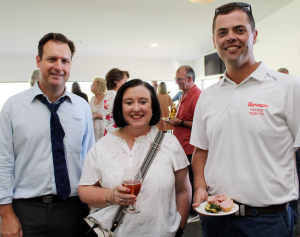
George Betts, Nichole O’Donnell and McEwan Dawson.
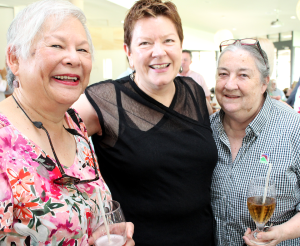
Catching up were, from left, Lee Grey, Victoria Kitanov and Kara Mitchell.
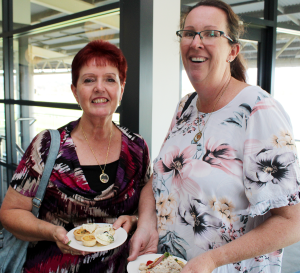
Lynne Ring and Vicky Whitehead enjoyed a chat.
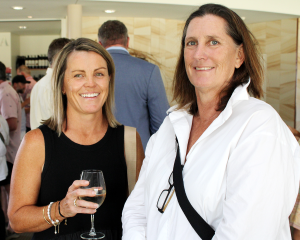
Acey Firth caught up with Jilly Henderson.
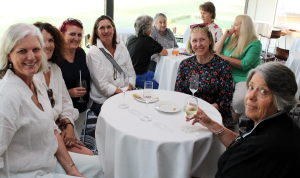
Here’s cheers!
